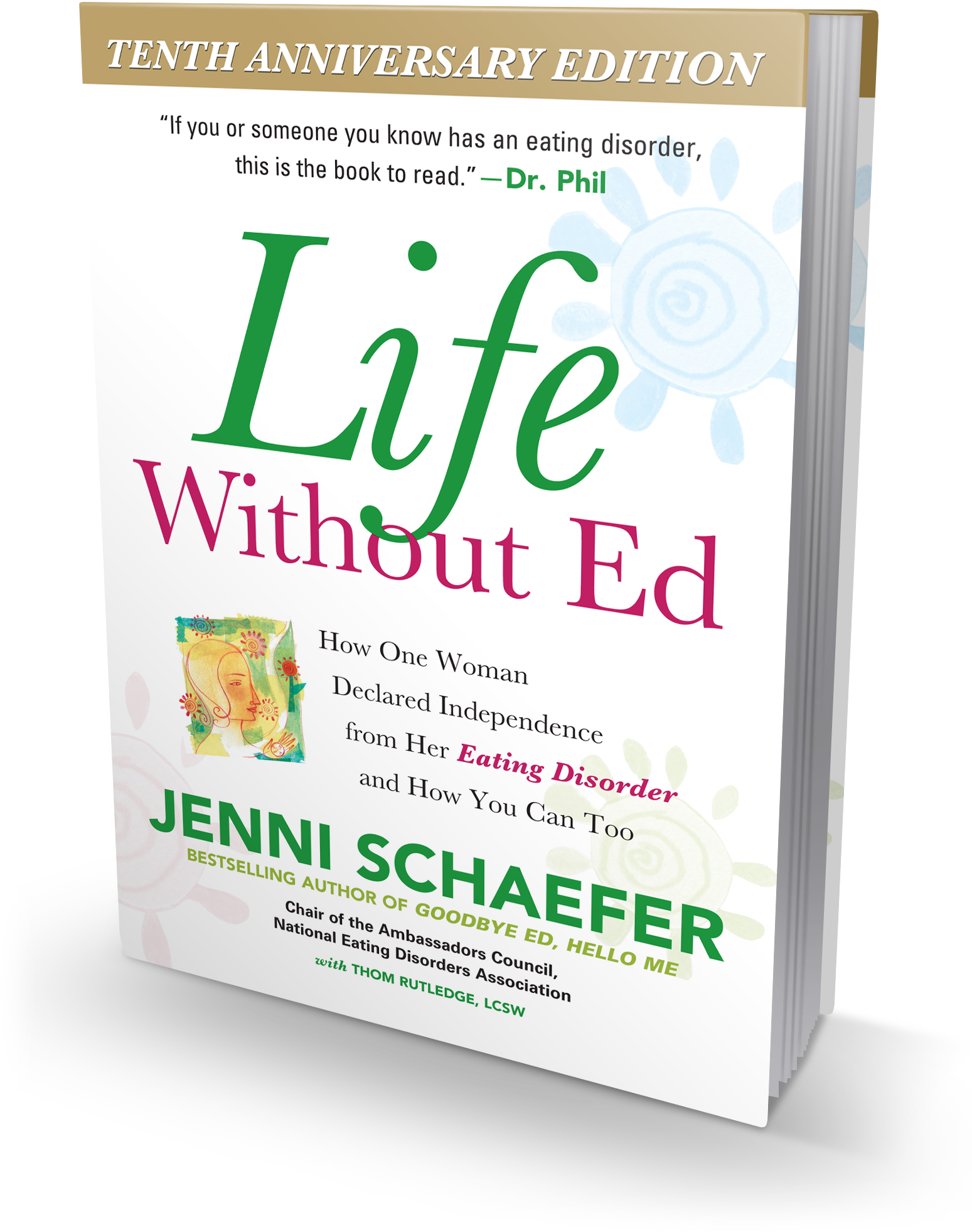
Spilove Psychotherapy Blog
Explore Insights, Healing, and Growth
Your journey to self-discovery, mental wellness, and emotional resilience starts here. Our blog is a space where our therapists share thoughts on trauma recovery, relationships, mindfulness, and holistic healing.
Whether you're looking for practical tools, personal reflections, or a deeper understanding of mental health, you'll find compassionate and thoughtful perspectives to support your path.
Browse our latest posts and discover new ways to grow, evolve, and find balance













